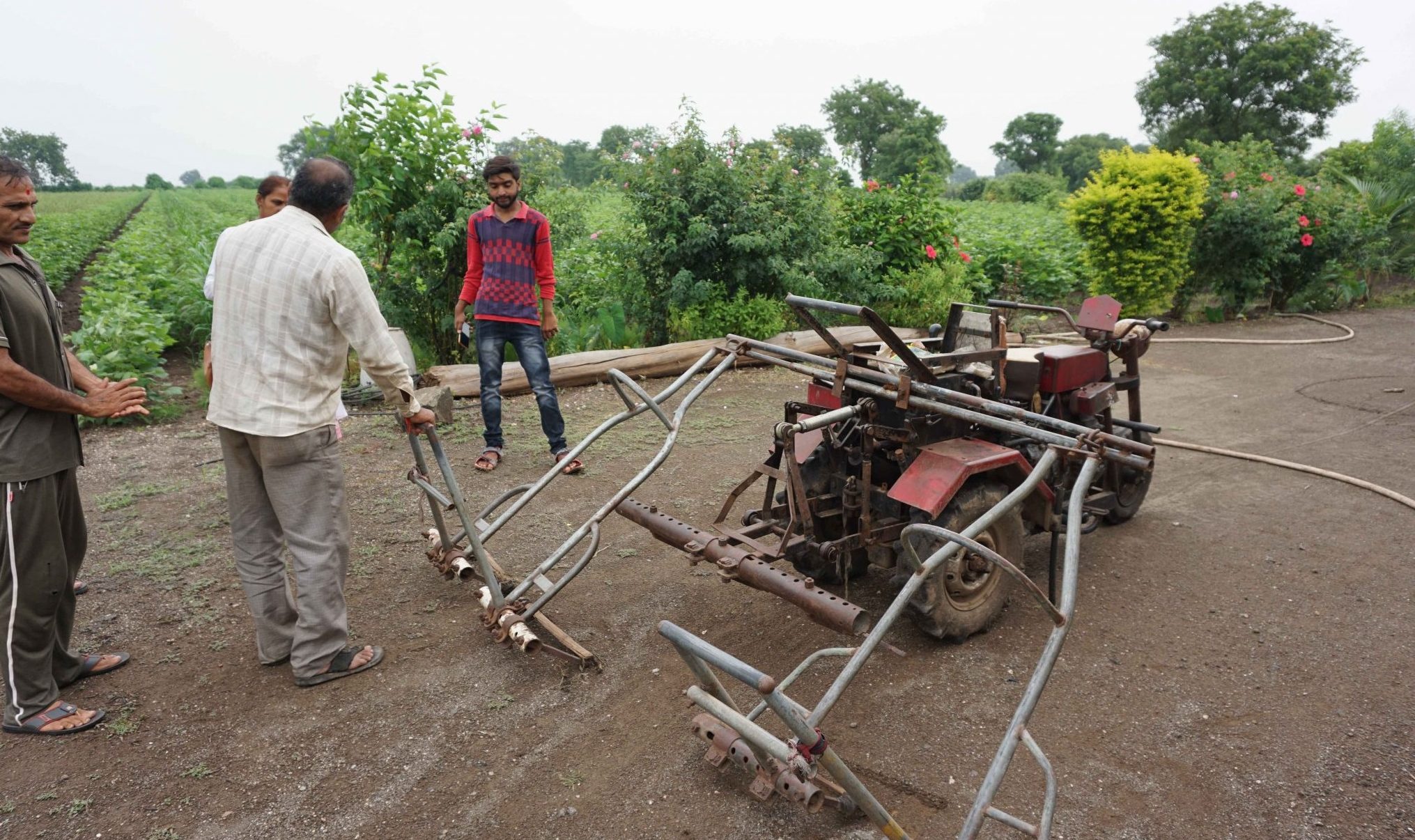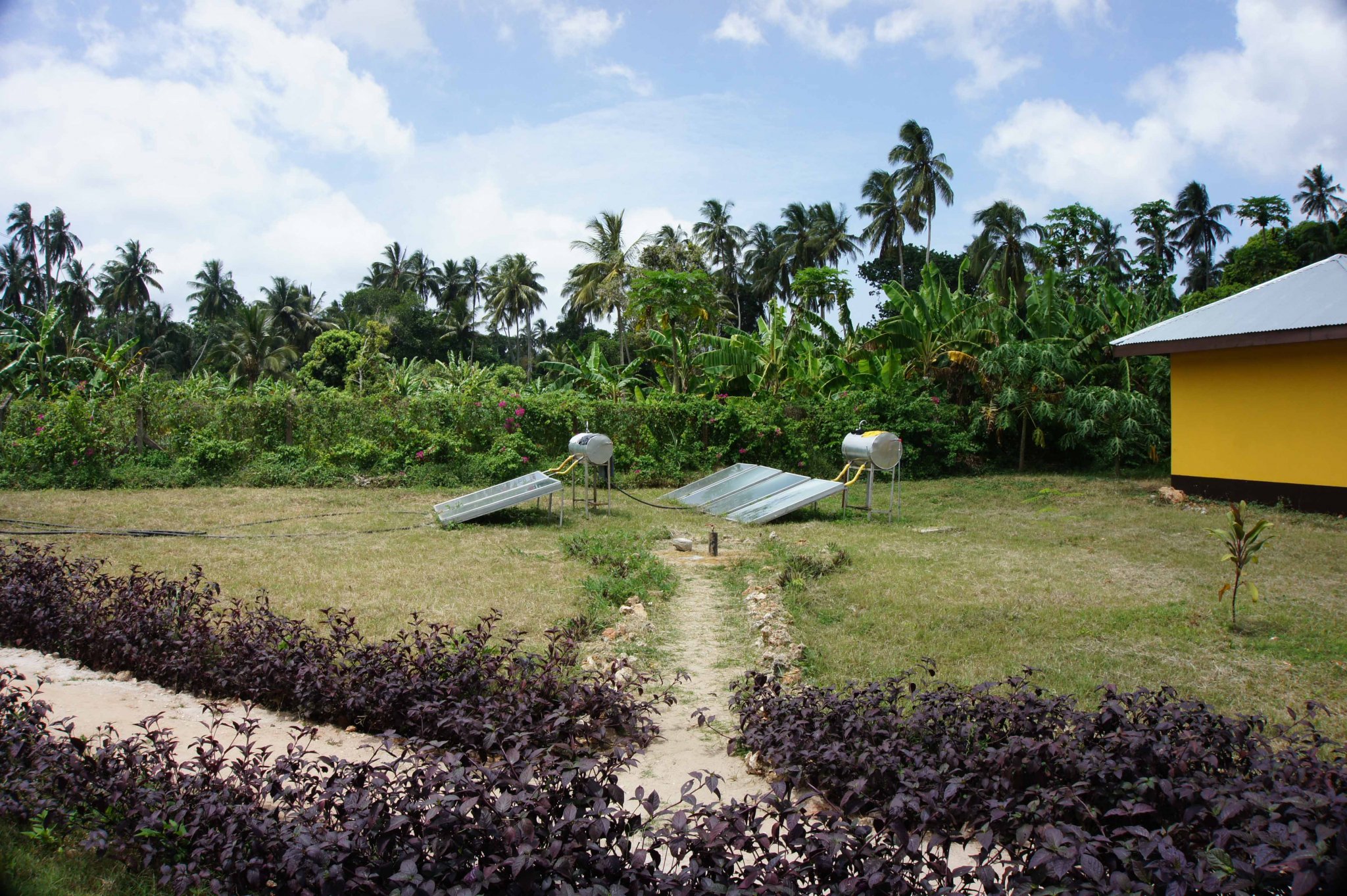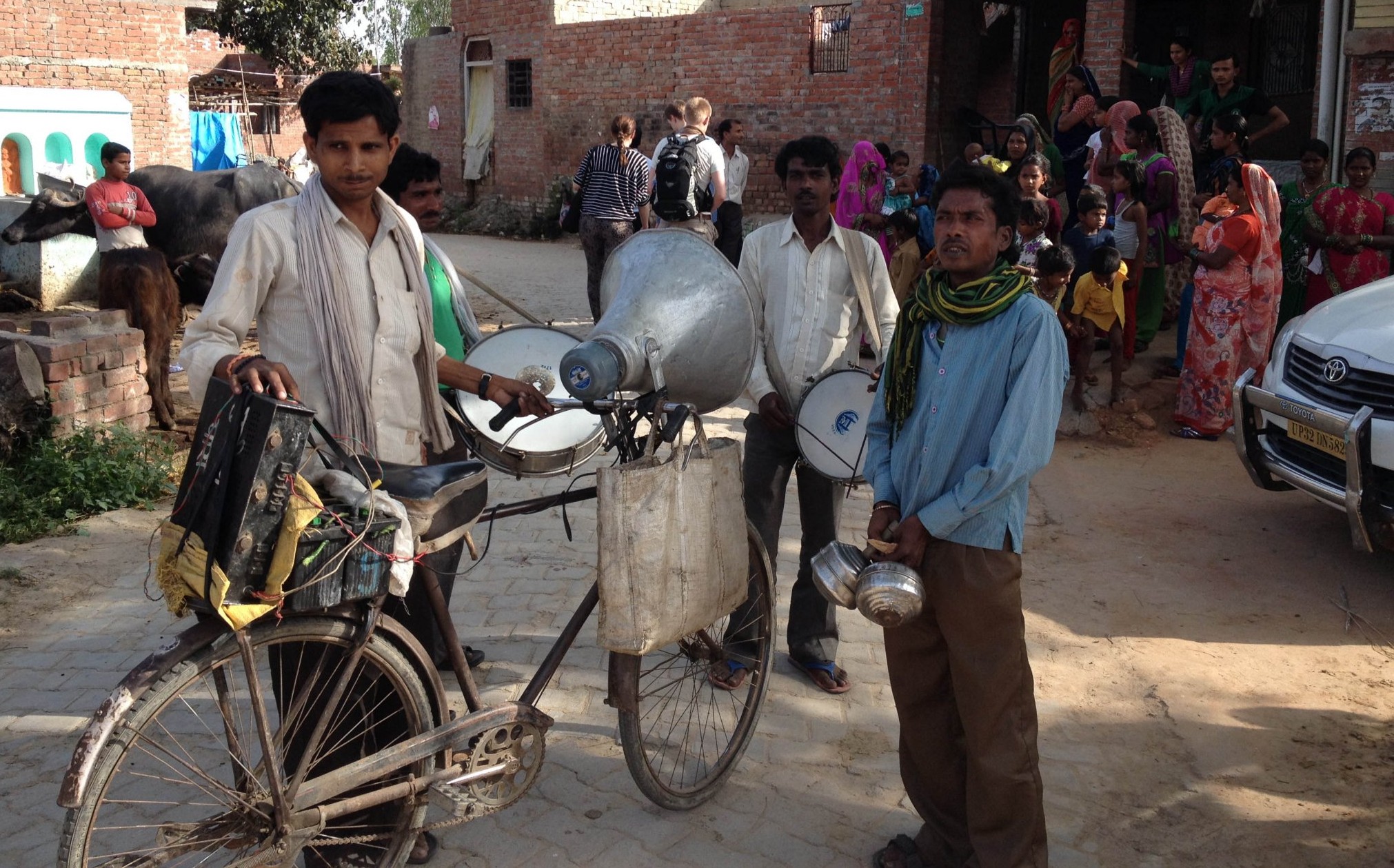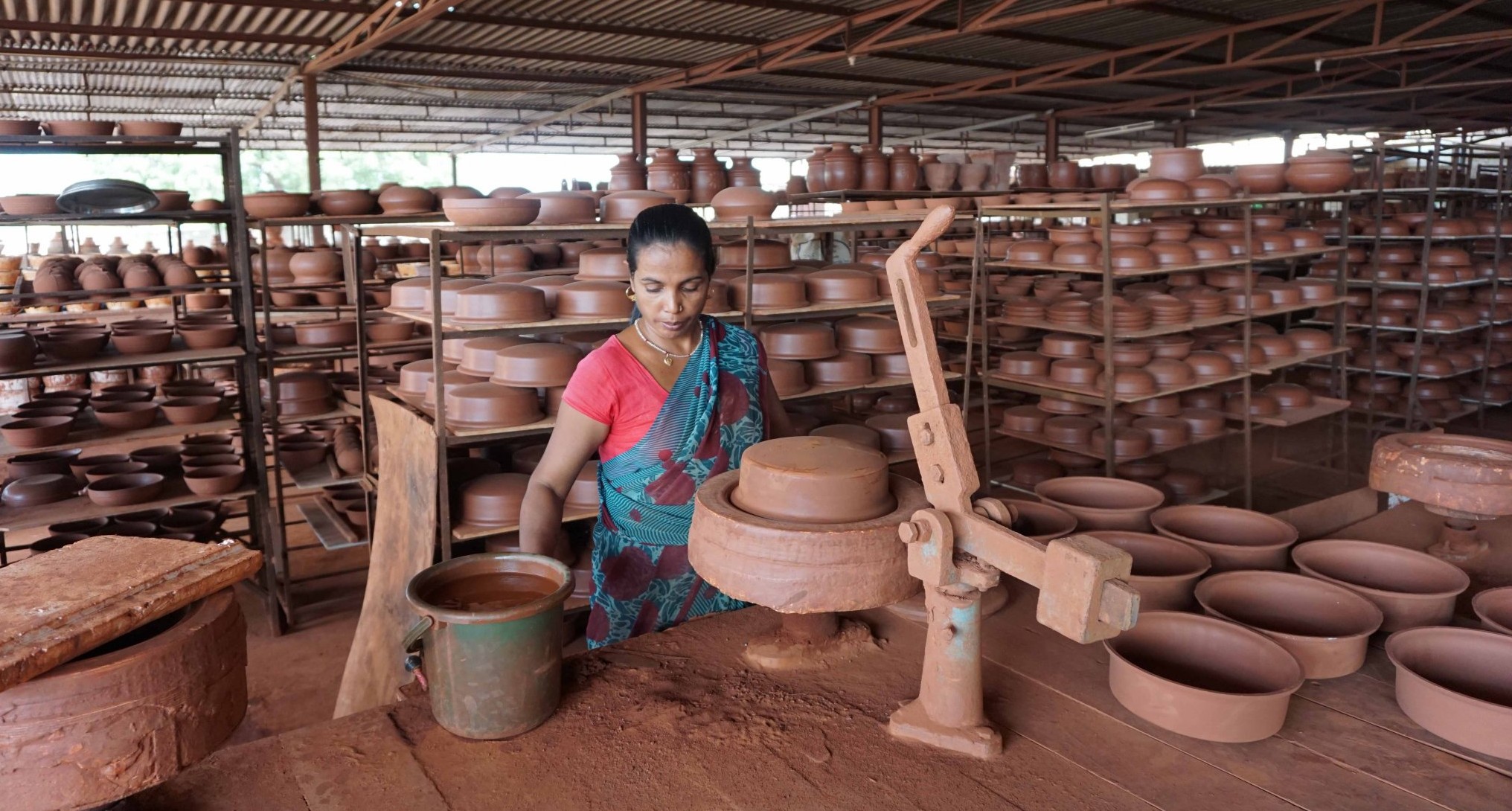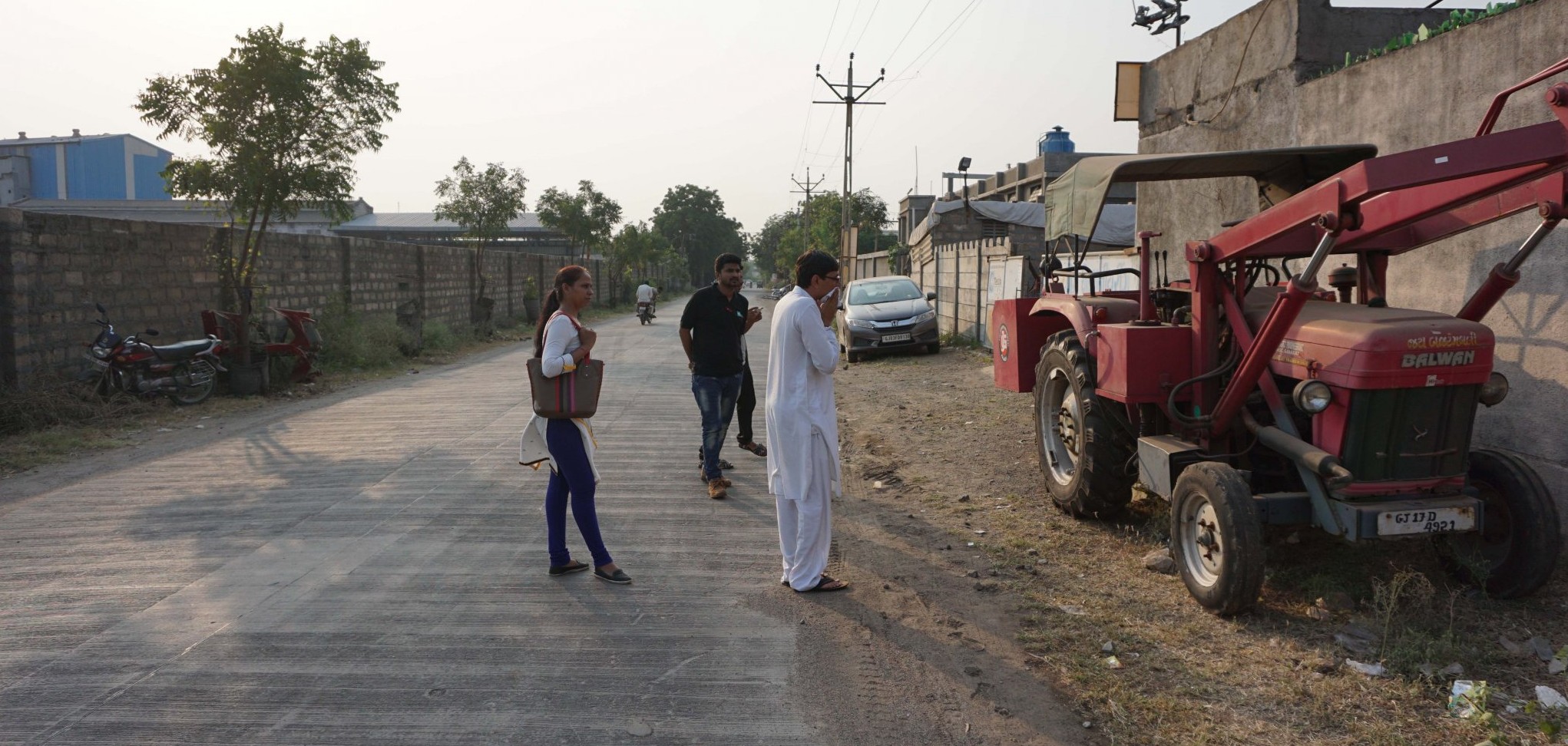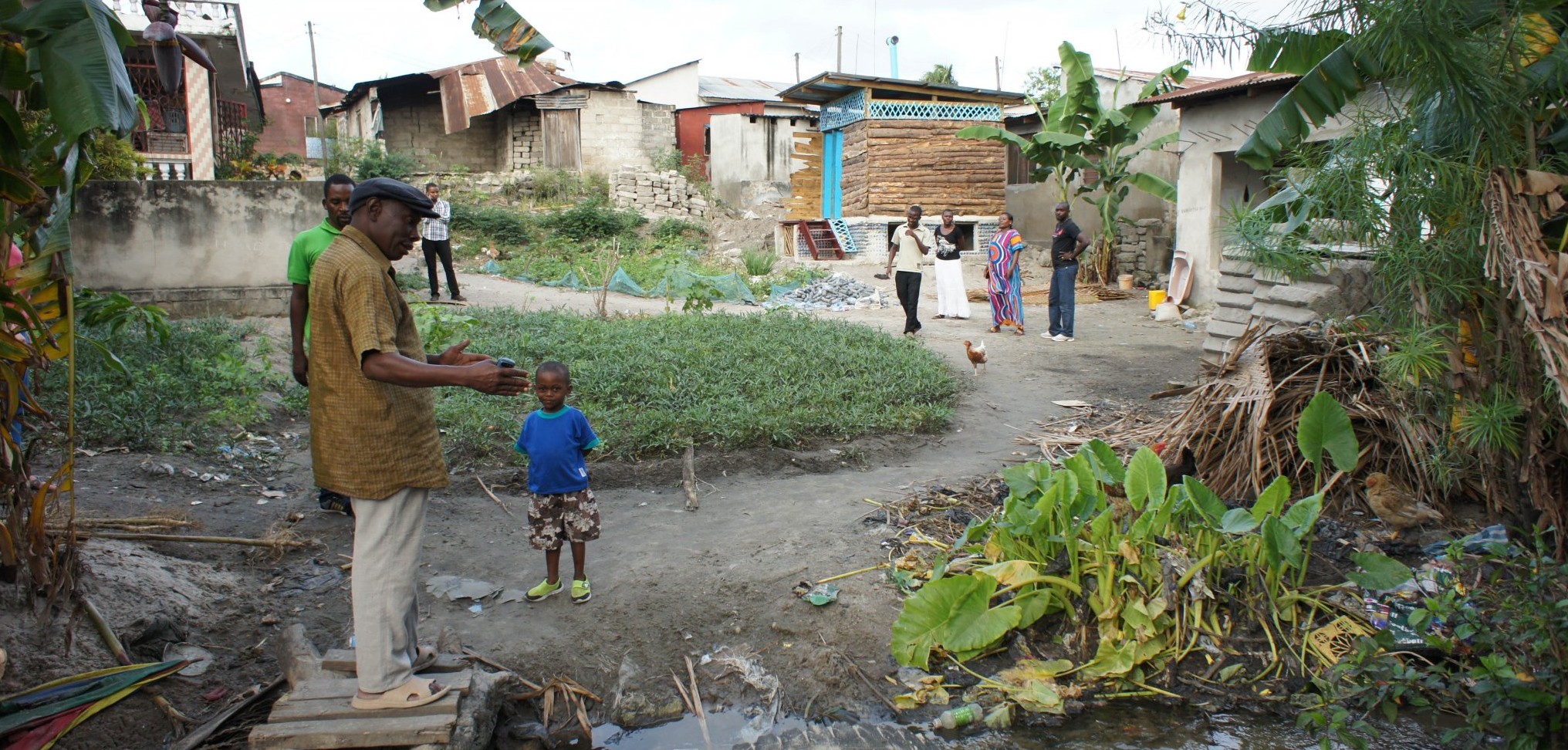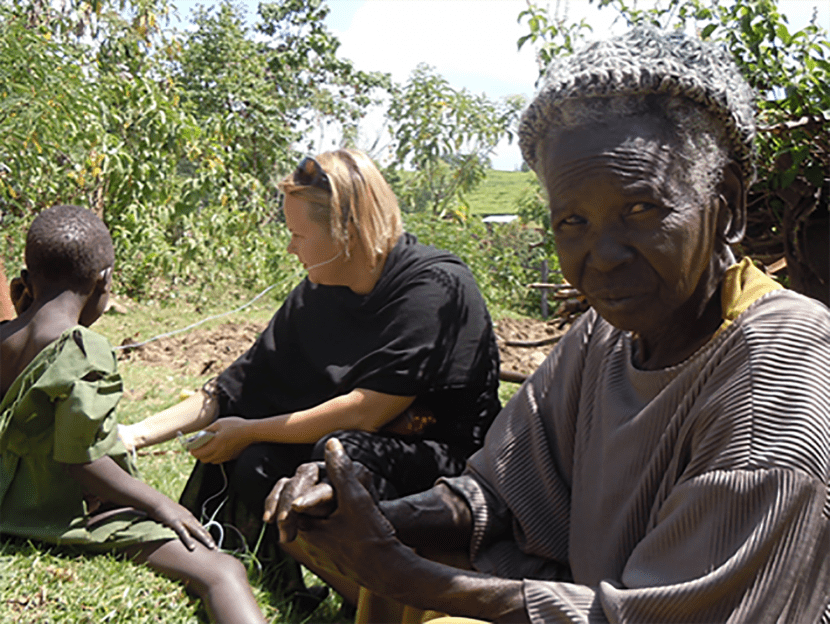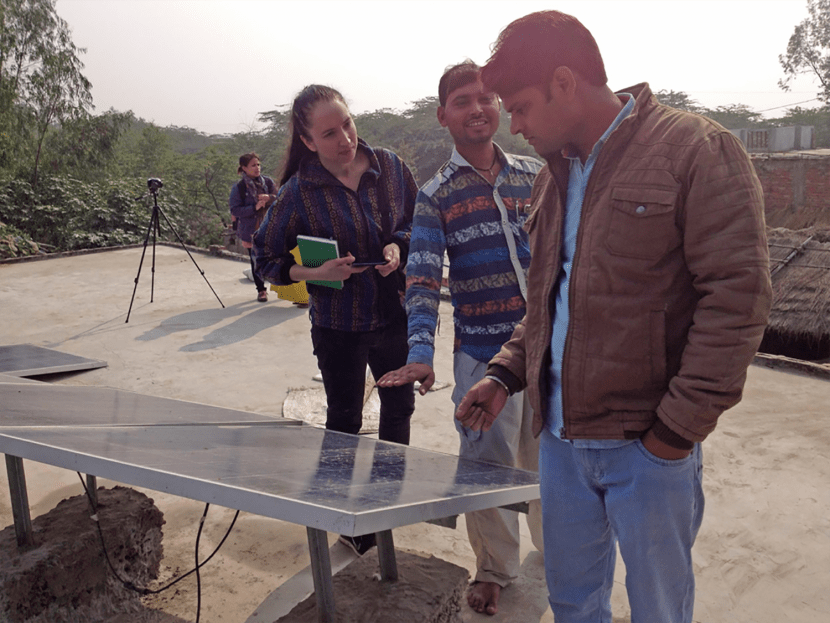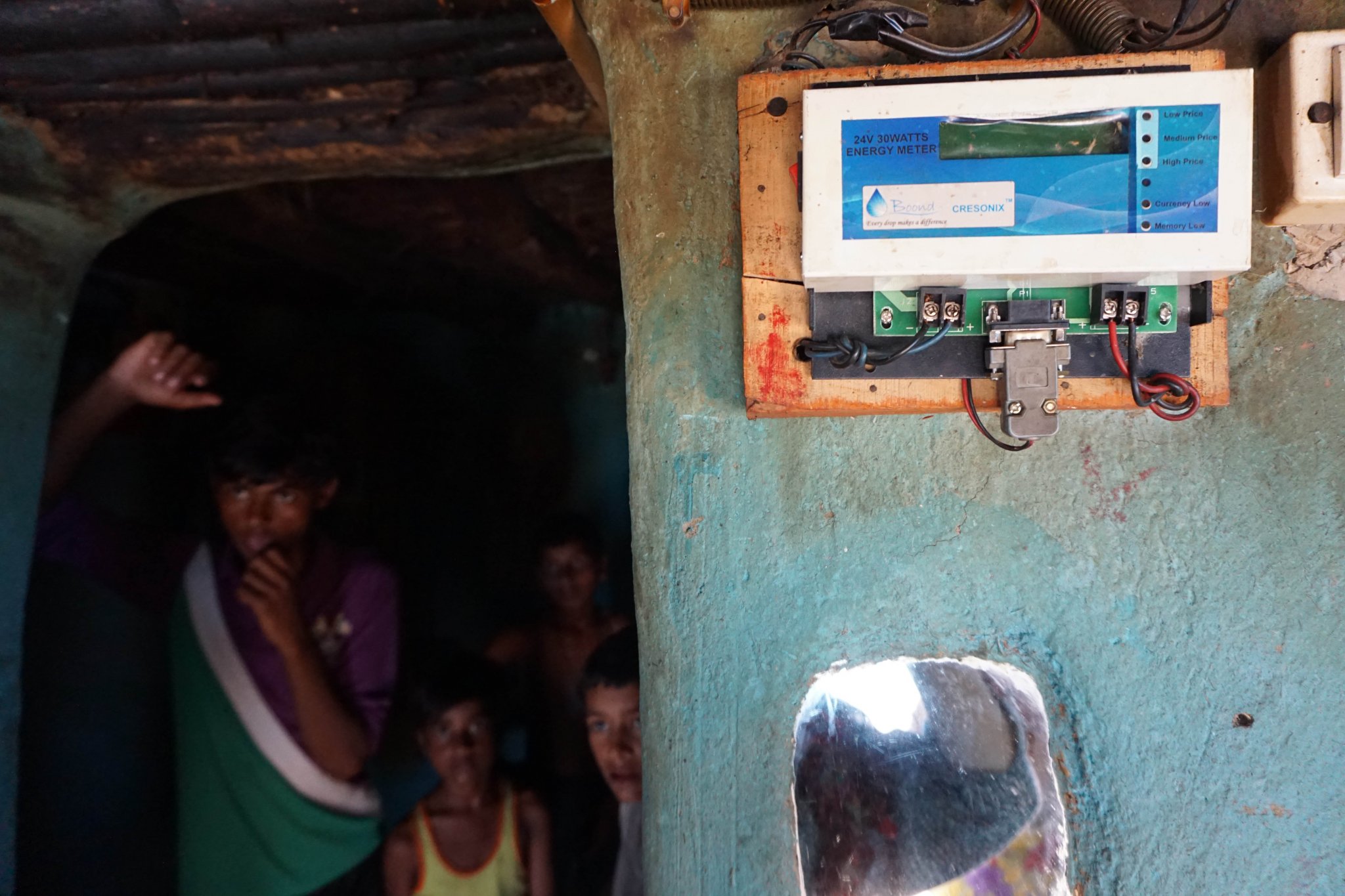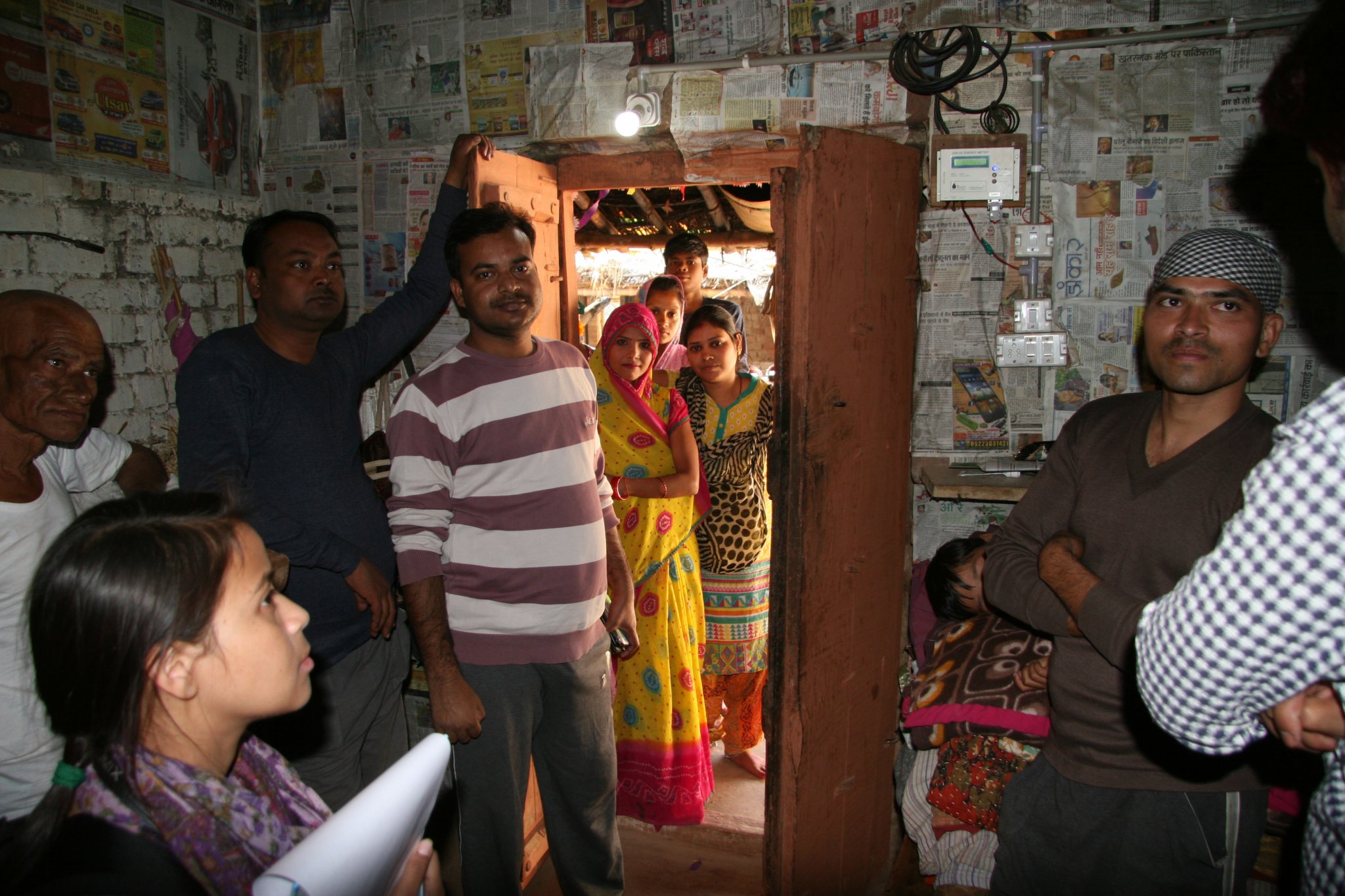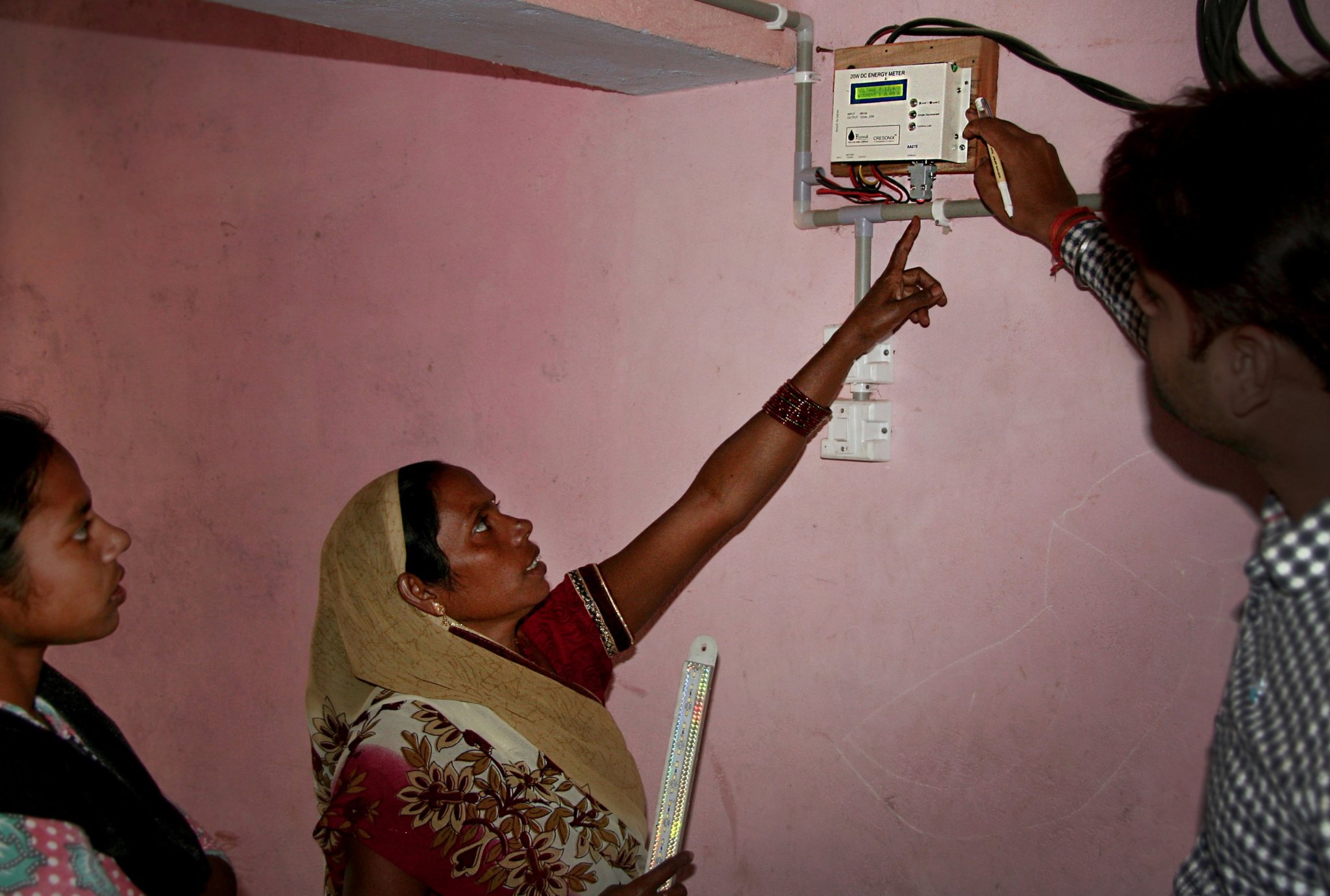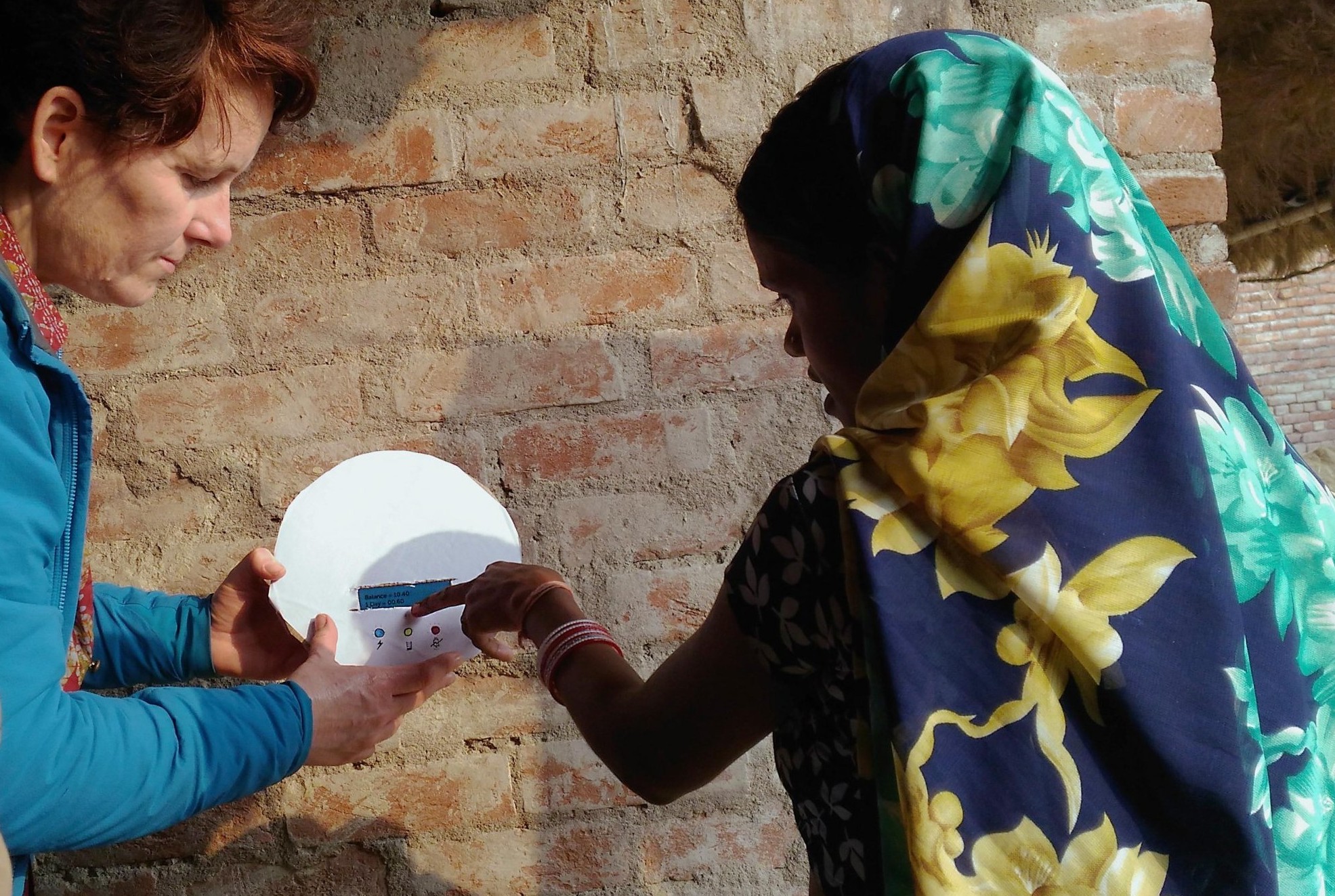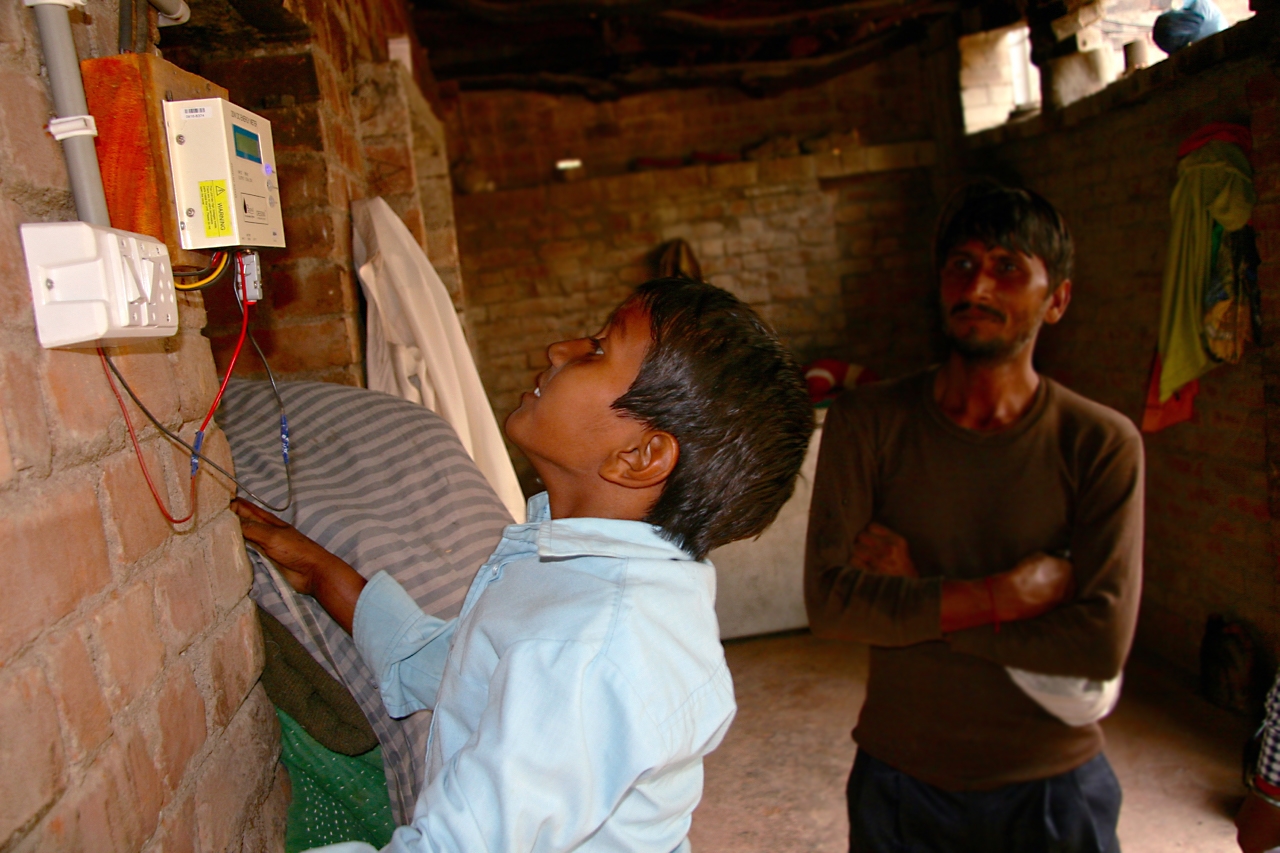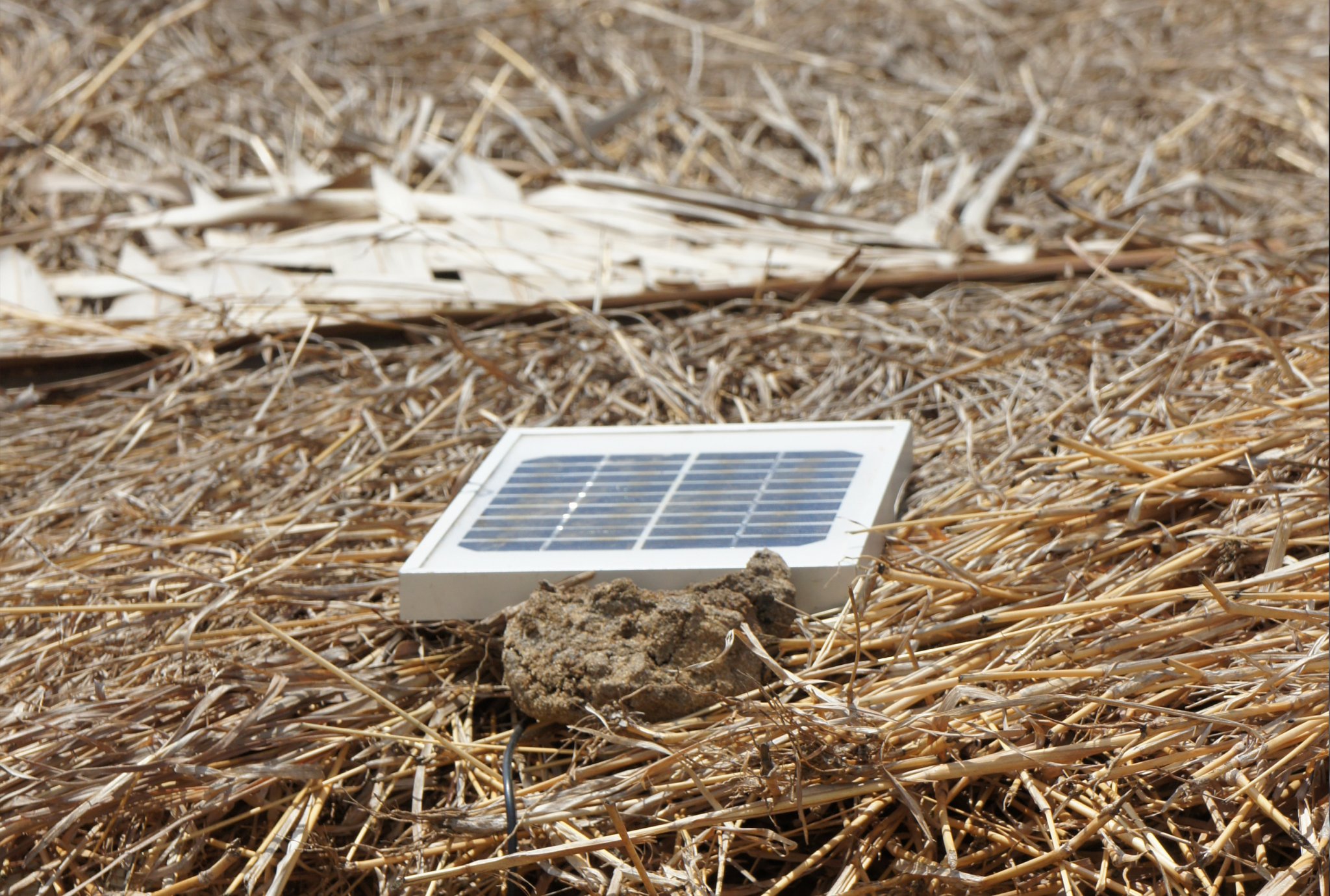Frugal Innovation
Frugal innovation refers to solutions created under resource scarcity. These innovations typically have a few essential features, use local and discarded materials and are low-cost and simple to use. They may include high-tech components, often related to ICT. Frugal innovations can address problems in healthcare, water, energy, transportation, and communication.
Within this research topic we created
PhDs
Highlighted Stories
CO-INNOVATING SMART METERING IN OFF-GRID SOLAR ENERGY
Tools
RELIABILITY ASSESSMENT FRAMEWORK
For renewable off-grid power systems
A simple framework for a uniform assessment of the reliability of renewable off-grid systems (such as micro-grids) is presented, which suits the low-income business contexts.
This framework was presented in Numminen & Lund (2019) and requires further testing, but nonetheless constitutes a proper start to improve quality and reliability guarantee.
Highlighted Terms
FRUGAL INNOVATION
An overview
Frugal innovation refers to solutions created under the circumstances of resource constraints. It is driven by demand, imitation and low-cost competition in emerging markets where enterprises are developing new resource-scarce solutions for low-income and rising middle-income segments. Frugal innovations address problems in healthcare, water, energy, transportation, and communication, by involving the private sector. Frugal innovations typically consist of a few essential features, low-cost, an emphasis on local use, local and discarded materials, simple usability, and the minimum amount of resources.
When aiming at ecologically, socially and economically sustainable frugal innovations, three major sustainability challenges can be identified: the proper integration of material efficiency into product or service systems; the patient promotion of inclusive employment; and the promotion of inclusive and sustainable local industrialisation.
Also see Levänen et al. (2016).
Highlighted Terms
REVERSE INNOVATION
Reverse innovation is an innovation that is originally created for developing markets and later on transfers to advanced markets. In the core of the concept is a process through which a product, service or operations model that has initially been developed to solve a problem in a low-income setting is implemented in a high-income country.
There are three different ways to implement reverse innovation. It can take the form of idea transfer, method transfer or full innovation transfer. These different types of reverse innovation capture the extent to which the innovation is based on the original developing country innovation and the level of adaptation required before it is launched in the advanced market.
In idea transfer the original developing country innovation is used as a reference for ideas for the new innovation which is created from scratch solely for the purposes of advanced markets. In method transfer the original developing country innovation is used as a basis for the new innovation.
Due to the differences between developing and advanced countries the innovation has to be adapted before being introduced to the advanced market. In full innovation transfer the original developing country innovation is not modified and is introduced as such to the advanced markets.
During New Global, one master’s thesis focusing on reverse innovation has been done (Mielonen, 2017).

